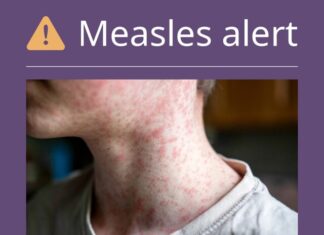 Katter’s Australian Party candidate for Southern Downs Ade Larsen has called for increased funding to control the wild dog population in Southern Queensland, following an AgForce study, which highlighted risks to endangered species and revealed the problem is costing the grazing industry up to $67 million a year.
Katter’s Australian Party candidate for Southern Downs Ade Larsen has called for increased funding to control the wild dog population in Southern Queensland, following an AgForce study, which highlighted risks to endangered species and revealed the problem is costing the grazing industry up to $67 million a year.
“The situation is absolutely out of control, with one grazier near Stanthorpe losing 400 sheep,” Mr Larsen said.
“Wild dogs have always been on the Downs, but they have been controlled up until the last decade when funding and baiting programs were cut. It deeply concerns me that graziers, who already have a tough time, now face this growing threat,” he said.
“The numbers are now so great that current baiting and eradication campaigns cannot keep up with the dogs, some of which are breeding twice a year.”
Mr Larsen said graziers were also concerned about the impact this problem had on native animals including swamp wallabies and tiger quolls.
“In their view this is as much an environmental problem as it is an economic problem. The dogs do not discriminate between endangered species and grazing stock,” he said.
“What we need to do is re-establish the DPI and get all concerned, including landholders, using multiple methods of eradication. Successive governments have failed to properly resource eradication programs and now the dogs are winning and we can’t let that continue.”
Mr Larsen praised Landcare, wild dog control and conservation groups for working with landholders to reduce stock and fauna losses, and called for absentee landholders, cattle graziers and interstate groups to work together.
“We need greater cross-border cooperation as state borders do not stop wild dog movements. They cross boundaries and rivers with impunity to ply their deathly trade and we all need to cooperate on these programs for them to be effective.
“Wild dogs are an incipient, hideous and unwelcome guest on our lands; graziers need to go to sleep at night knowing their stock is safe and native species are unharmed,” he said.
Wild dogs pandemic in Southern QLD
Digital Edition
Subscribe
Get an all ACCESS PASS to the News and your Digital Edition with an online subscription
HEALTH ALERT: Measles case detected in Toowoomba
Darling Downs Health is on high alert after a confirmed case of measles was detected in Toowoomba.
The health service's public health unit issued the...







